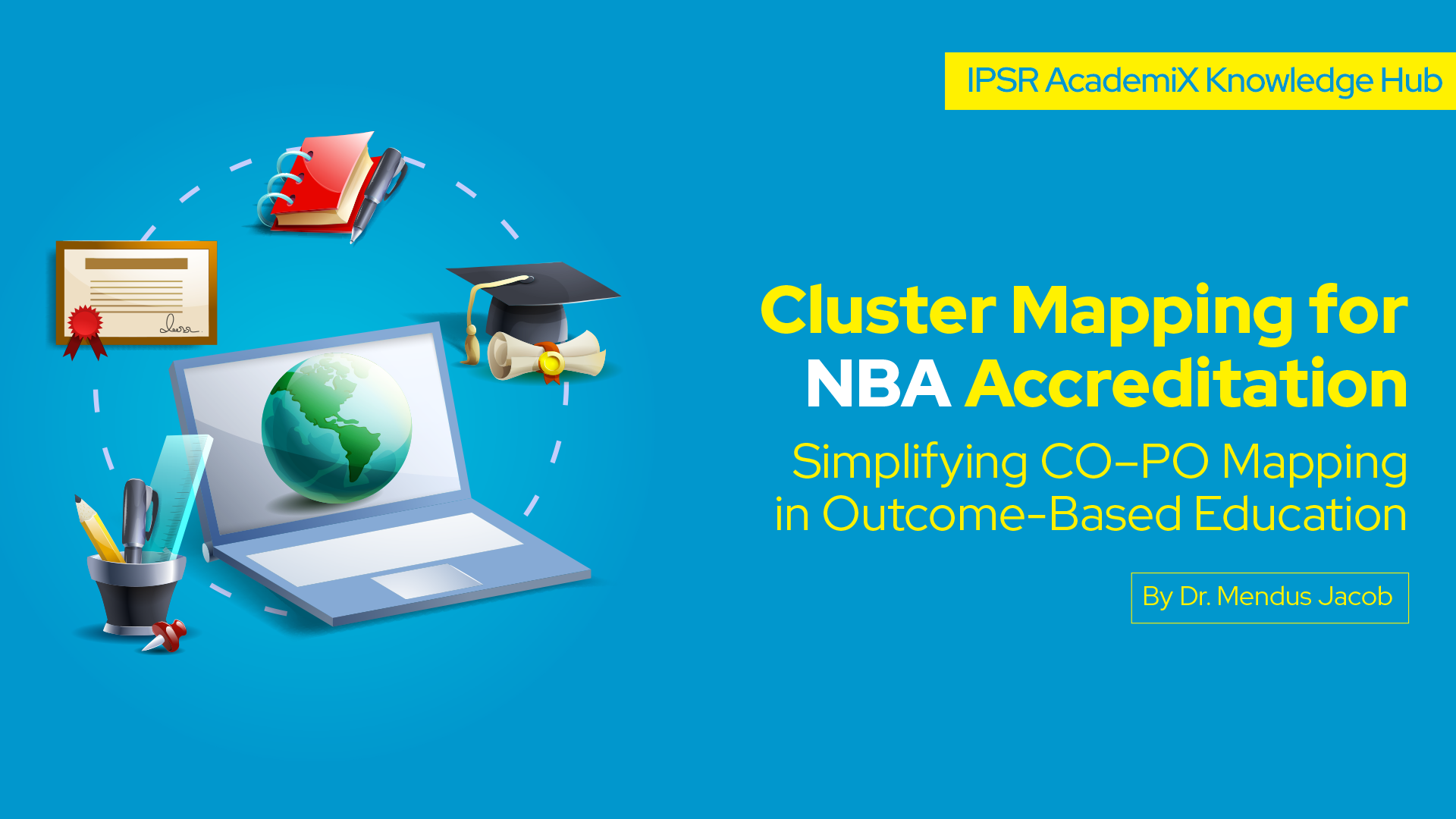
In today’s world, ideas don’t live on library shelves—they live online. Whether you’re a researcher, a teacher, or a student stepping into the world of scholarship, your academic presence doesn’t have to be limited to your institution or immediate circle.
Just like friendships and professional networks help us grow, academic networking helps ideas travel, sparks collaborations, and opens doors you didn’t even know existed.
Researchers now connect across continents, share papers instantly, seek feedback within hours, and learn from one another without waiting for conferences or meetings. Thanks to digital platforms, building and sustaining meaningful academic relationships has never been easier.
Many scholars today actively use online academic platforms not just to share their work, but to stay updated, collaborate, and build a community around their research interests. As Hagit Meishar-Tal and Efrat Pieterse note in their paper “Why Do Academics Use Academic Social Networking Sites?”, academic platforms have the potential to reshape how research is shared and consumed, changing the very rhythm of scholarly communication.
Here, we explore three of the most useful platforms you can start using right now to amplify your academic reach.
ResearchGate is often described as a bustling academic hub where scholars upload their work, connect with peers, and build research communities.
What makes it useful?
ResearchGate feels like being part of an ongoing global seminar—one where someone is always ready to exchange ideas, share insights, or collaborate.
Ideal for:
Researchers who want to actively engage with peers, receive feedback, and track their research impact.
Academia.edu is one of the earliest academic networking platforms created specifically for scholars. It allows you to create a profile, upload papers, follow others, and receive insights into who is reading your work.
Why academics love it:
Academia.edu is especially helpful for sharing early-stage work and connecting with researchers who discover you through topic searches.
Ideal for:
Academics who want to increase discoverability and make their work accessible globally.
Google Scholar isn’t a social network in the traditional sense, but it is one of the most important tools for scholars today. It brings together your published work, citations, co-authors, and metrics into one clean, searchable profile. This platform is available on https://scholar.google.com/.
Why it’s essential:
Once you set up your profile and confirm your publications, Google Scholar becomes your digital academic CV, updated in real time.
Ideal for:
Anyone who publishes research and wants to track citations, visibility, and academic influence.
Whether you are an experienced academic or beginning your research journey, building your online academic presence is no longer optional—it is essential. Platforms like ResearchGate, Academia.edu, and Google Scholar allow your work to travel, connect, and grow. They help you reach collaborators, gain visibility, stay informed, and showcase your contributions to a wider world.
Your research has value. It has depth. It has a story. These platforms make sure that story is not just published—but seen, shared, and appreciated.
Join us for FREE to get instant email updates!

Simplifying CO–PO Mapping in Outcome-Based Education Accreditation by the National […]

The National Institutional Ranking Framework (NIRF) 2025 results are out, […]

What the Top 100 Rankings Reveal About India’s Universities The […]

Exploring patterns, trends, and the evolving landscape of technical education […]

Release date: September 4, 2025 Source: NIRF portal’s Overall Top-100 […]

“Mastering OBE: OBE Strategies and Implementation of deQ OBE for […]
Leave A Comment